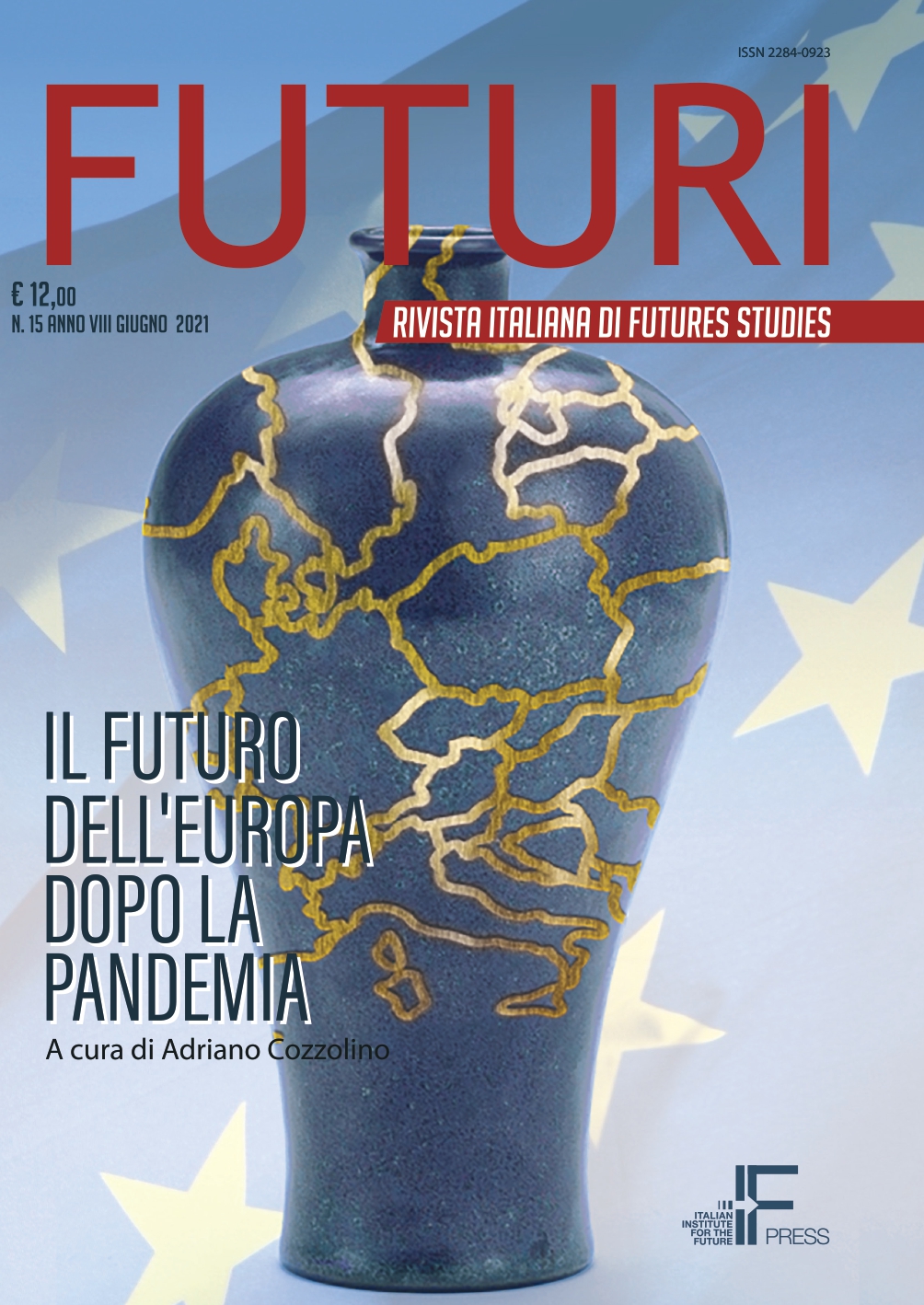Il futuro dell’allargamento negli anni della pandemia: un’analisi del ciclo elettorale 2018-2021 nei Balcani Occidentali e i possibili sviluppi sul processo di integrazione dell’UE
Published 15-02-2025
Keywords
- Westen Balkans,
- European union,
- European enlargement

This work is licensed under a Creative Commons Attribution-NonCommercial-NoDerivatives 4.0 International License.
Abstract
In the Western Balkans, the ‘pandemic’ biennium represents a significant period for the re-configuration of the political space with a view to the integration process, albeit in a context of uncertainty and difficulties. In 2020, parliamentary or local elections were held in Bosnia, Serbia, Montenegro and North Macedonia, with important consequences for the already fragile democratic balances. In addition, the first half of 2021 saw general elections for both Albanian and Kosovar citizens, with significant changes also to the electoral system and the electorate. The aim of this contribution is to develop a comparative analysis of the voting behaviour in this last electoral cycle, attempting to interpret the outcomes on the basis of the internal power relations between subjects variously in favour and against the EU accession process. The analysis of the voting data indicates some common trends in the area: a structural low voter turnout and a difficulty in penetrating the most avowedly Eurosceptic European households. The main political forces in the Western Balkans identify with the majority groups within the European Parliament (socialists, liberals, popular): where this presence is weaker - Republika Srpska and Montenegro - the relations of the individual electoral aggregations with non-EU powers (Russia, Turkey, China) play a role. A feeling of inevitability but, at the same time, of indifference seems to prevail in public opinion - with respect to the enlargement of the Union; factors that make the emergence of political-electoral fractures on this specific issue unlikely at the moment.

